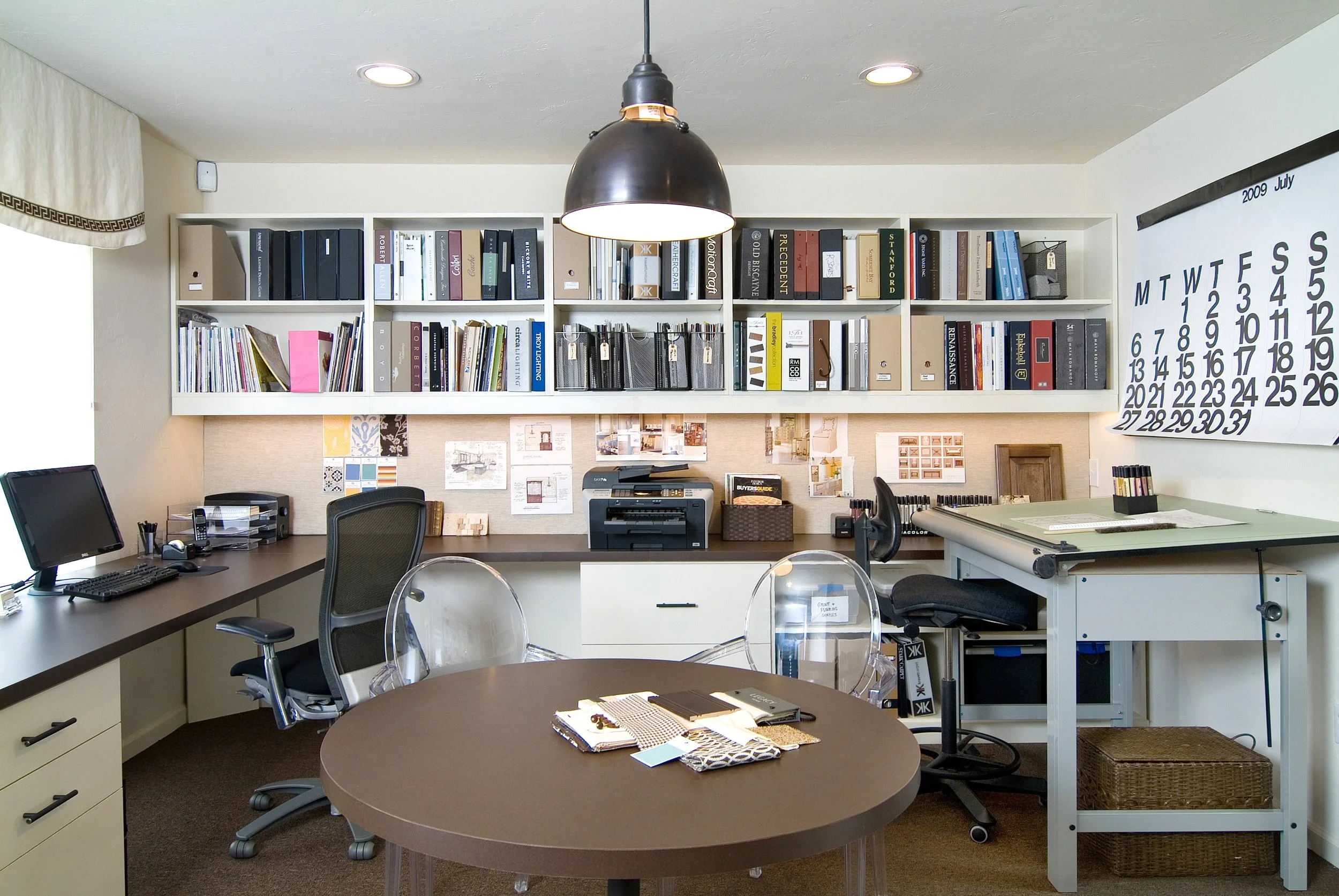I’ve been hearing so much about mentoring younger professionals these days in all kinds of business talk. We all can find benefits from these relationships, however, I think these days, that they are kind of looked upon from a rather one-sided point of view.
I’d like to offer up a few thoughts on the subject from the mentor’s POV today and see if perhaps there are a few other pros out there who might agree.
I hear so much about how designers just starting out are seeking out mentor/mentee relationships and are being nurtured by pros in our field. I often hear people advise and encourage a new designer to acquire a mentor.
I have taken time to consult with many new designers myself. I’ve had emails, phone calls, and meet ups with new designers asking for my guidance.
I’ve often done so, gladly, as I always love talking about the biz of design. As a matter of fact, I’m sure I’ve had more than one staff member roll their eyes behind my back when I get on the phone for an hour with a random caller who happens to want to chat me up about business when I have project work to do. :-)
I often can’t resist and lose track of time when diving into the meaty part of design business.
I have a sort of love/hate relationship with this crazy business and don’t consider myself an expert by any means. I do have plenty of opinions, however, and I’m usually only happy to share them, opulently.
I’ve shared many here on my blog in various posts, under the category, “business”, found when you enter that into my search bar. I’ve shared them in speaking engagements at local colleges and schools. I’ve also shared them in some of my downloadable pdf packages that I sell here in my “Outlet” section of my site.
Crowd sourcing business questions in Facebook groups is becoming popular.
While many are turning to Facebook groups (personally I love them), and ask questions to receive direct answers to their issues, that can sometimes be a hit or miss.
While interesting and definitely a way to get a variety of points of view, it is truly crowd sourcing. You’ll get a lot of different answers from people that you might not really know, so you might need to sift through it and determine what really applies to your situation.
Not many experienced designers have time for one on one business conversations.
What I’d like for you to consider today, is that although many pros make time and an overt effort to help those coming up behind them, you have to understand that the time, expertise, experience and “brain pickings” have real value. As a busy designer, having someone take me to lunch so they can ask me a bunch of business questions is often not really possible.
As a matter of fact, I can honestly say that I don’t really break for a lunch hour during the day and I don’t know many design business owners who really do that either, unless it’s for, um well…….business.
I think there are many sales reps that would love to have a half hour of a lead designer’s time, while buying their lunch for them, and would probably agree.
I don’t want anyone to think I’m sitting here on my pedestal thinking everything I utter is so all-fired important and full of golden nuggets of info that I deserve to be coddled, paid and saluted for my design biz expertise. I don’t. Not at all. (Although I do have a few strengths. :-)
Nor have I ever met anyone who has not been gracious about any interaction I’ve had with them.
However, I hear this again and again, about how newer designers are learning everything about business from a mentor who is freely giving them all kinds of information about running their businesses.
So, I have to ask the mentors…..
What about the risk? What about the value you are imparting? What about all those years of blood, sweat, tears and money that you spent figuring out how to do this the hard way? Isn’t that worth something?
So, while I am all about sharing info and imparting experiences to the ones coming up, as time and energy permits, I do think people value information MORE with skin in the game. (Gosh, I’ve heard that expression so much from all these marketing podcasts I listen to. Those guys don’t give away anything for free and really, I think designers need to take note.)
In an age where all designers are looking for income diversification, perhaps the one place an experienced designer might look, is at their own expertise they’ve created just by being in business.
Hear me out.
I’ve had new designers email me with a two-line email saying this:
“Hi Carla, can you please help me? I have just opened my business and have a new job to quote. Should I do a flat fee or hourly? Which is better?”
You realize, of course, there is NO WAY to answer that question without digging deeper. To me, that’s like walking into a doctor’s office after they’ve just done your height, weight and pulse and asking, “So, what’s wrong with me?”
Of course, no doctor is going to address that question at that point. They need to ask questions, do tests and research, consider all the possible scenarios and eliminate all the distractions and possibilities before they diagnose and recommend treatment.
The same is true for design business. I can’t even answer that for myself on a new project until after I meet with the client, analyze the project, and make some judgements. I don’t handle every project the same because every project is NOT the same. So, while the new designer may think it is a quick, easy answer, it is, in fact, anything but.
In order to answer that question properly, a lot of time really needs to be taken to figure out that designer’s goals for their business, the type of work they want to do, etc. And guess what time equals?
Money. It equals time not spent on project work and that means money is not being made and that project work gets pushed off for that time. So, while one might think that it is no skin off that mentor’s back to share info, in reality, to really offer up some legitimate, considered advice, it does cost that mentor time and therefore, money.
I mean, when I meet with a new potential client, I charge a fee for that meeting time. I don’t sit down and have an hour and a half conversation and offer advice without getting paid. If we wouldn’t do that with our clients or potential clients, why would we do that with others in our business that we haven’t met before?
And what about the risk?
These days, anything you advise anyone to do can be subject to a potential lawsuit. Especially when you don’t really know the person you are advising.
When I take on clients, I have a Letter of Agreement that needs to be signed before I give advice. It protects me and my clients and builds a framework for that job. On my blog, I have a disclaimer on the sidebar that protects me somewhat with the advice I might hand out in comments, etc. The same thing occurs with my smaller bits of advice I offer in Consultations and my Designed with a Click service. There are disclaimers and instructions and the cost of accepting that risk is factored in.
I know that if I went to a design business consultant and asked to take them to lunch so I could pick their brain for an hour or so, they’d likely laugh.
Can you imagine doing that?
Then why should an experienced designer be treated any differently?
Here’s where I’m going with all this.
Perhaps a more open back-and-forth, less mentee-centered approach to this whole thing might render something really wonderful.
Perhaps either paying a designer for a “business consultation” or exchanging some kind of service might be in order to, in fact, develop a more level relationship and a situation where further advice could be sought?
These days there are many design business consultants to choose from.
When I started my own business, there was almost no one specializing in how to run an interior design business.
I joined a peer group, which was awesome, and participated in that for years.
We met monthly, had round table discussions, and there was give and take all around. We all shared information. I even hosted that peer group in my office for awhile and chaired it for a year or two. (I guess these days everyone calls it a Mastermind.)
The unique thing about a peer group is that everyone needs to give of their own unique expertise for it to be successful. Whether it is sharing a vendor, a way to work some part of their business, a contact, etc., you have to share something. You can’t just sit there and take in the information being shared and not give any yourself.
I would argue that perhaps, the mentor/mentee relationship might turn towards something like this. Especially in light of how many new designers are seemingly getting instruction and advice on beginning this business these days, thereby cutting out education costs and time spent working under other designers, which was typically the norm in the past.
It doesn’t matter who you are or how you are coming into the design business, you likely have a skill or some expertise you can share with someone who you might wish to have as a mentor.
Both sides can share strengths.
Let’s say you need help with your new business but maybe you’ve got the whole Instagram marketing thing down and yeah, you have 50,000 followers. I mean, maybe that's how you are getting design work that you aren't really sure how to organize and attack. How about sharing an image or two of your mentor’s work on your busy social channel and promoting them a bit for their help?
Better yet, give them some tutorials and suggestions on how to market their business better on that social channel.
Let’s say you have some great tech skills and love Sketch-up or some other drawing program. How about if you offer up a free drawing of a potential mentor’s project in exchange for some design biz advice?
Maybe you’d like to just offer up some time to assist for awhile. A week of part time work where you could assist with taking meeting notes, cleaning a sample library, measuring a job site, etc.
There are lots of ways to make this a more level playing field. I think a lot of experienced designers might be more prone to help and share if it was, perhaps, a little less one-sided. :-)
And if you are already sharing and enjoying the experience on either side, then good on you for making that work. I'm a fan of the win-win and hope everyone finds themselves in a situation that is good for themselves and for others.
I have my next design business guide finished and available now. It's for designers who want to know how to implement more tiered levels of design services into their business model successfully.
Tips For Interior Designers Offering Design Consultations
I have 19 pages of advice, tips, general info and goals for working these into your offerings.




